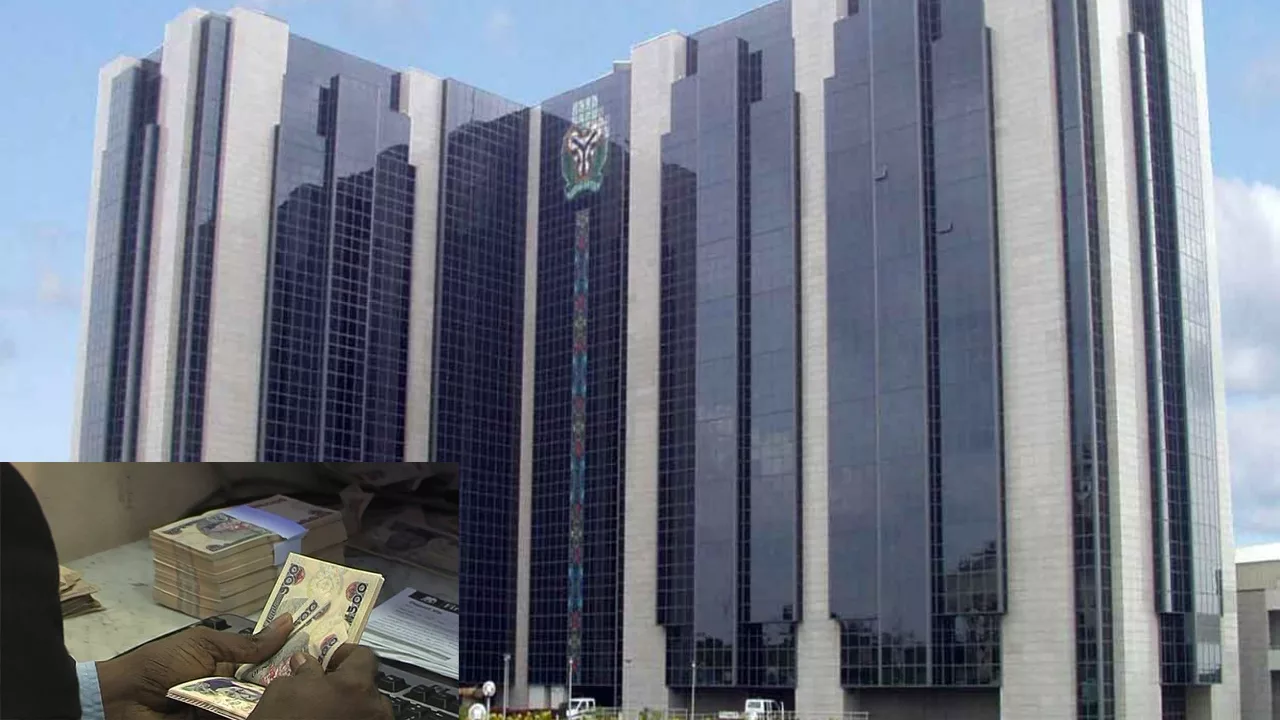Power Generation Companies (GenCos) in the country have expressed grave concerns over the financial and operational impacts of repeated grid collapses.
Recall that the national grid has recorded 12 incidents of full or partial collapse in 2024 alone, which according to the GenCos has resulted in huge commercial and technical loss over the years.
The national grid experienced its latest disturbance last week Thursday, affecting both business activities and livelihoods.
Speaking at a training workshop organised by the Association of Power Generation Companies (APGC), chief executive of the association Dr. Joy Ogaji, highlighted the significant mechanical and commercial impacts of grid collapses on generation companies (GenCos).
Although the full industry-wide impact on GenCos is yet to be quantified, Dr. Ogaji revealed that the Kainji and Jebba hydro plants alone have incurred losses of N21.87 billion due to system instability this year.
She said: “Given the frequency of grid collapses in the country and the impact of it on our business we have thought it wise to provide clarification on how it affects our businesses.
“While we certainly need a huge jump in our electricity supply projection, it is imperative to preserve lives and equipment to sustain our rapid economic growth and meet the growing demand, we therefore need to make every effort to efficiently manage all stages of the value chain with intentional focus on maximising efficiency in the entire electricity chain.
“Grid collapse poses a significant threat to Nigeria’s power sector, resulting in frequent disruptions, equipment damage, and substantial revenue losses for GenCos. Technically, grid collapse can cause catastrophic damage to generators, transformers, and other critical infrastructure, leading to prolonged downtime and costly repairs”.
She added: “Commercially, the impact is equally severe, as GenCos face reduced power sales, penalties for non-delivery (in bilateral and cross border trades), and increased operational expenses. The dwindling resources exacerbate these challenges, making it difficult for GenCos to maintain, repair, and replace damaged equipment, ultimately compromising the reliability and efficiency of the power supply”.
Also speaking, an electricity industry expert, Prof Stephen Ogaji, said the country records great loss in revenue due to the inability to generate power into the grid, stressing that the scenario affects not only the utilities, which suffer 40 per cent reduction in lifespan, but also the entire economic system that depends on a stable power supply.
According to him, a recent study revealed that energy losses due to grid collapse and shutdowns at Odukpani NIPP, due to frequent shutdown and startup instructions from NCC and grid collapse (Turbine Trip), in the past six months were humongous.
“Frequent Startup and Shutdowns result in ineffective utilisation of gas during the startup process through FSNL, about 25 minutes, decreasing the Energy Generated to Gas consumption ratio as well as decreasing Thermal Efficiency.
“During the shutdown process, a gas that has already entered the system may not be fully combusted or utilised and will be vented out thereby causing a waste of gas.
“Also, turbines operate at high temperatures, and when they shut down, the heat energy dissipates without being converted to power, thereby resulting in power losses.
“Due to the FIRM Gas Supply Agreement (GSA) of Take or Pay (ToP), If the gas is not utilised, it results in serious financial losses to GenCo.
“Without a backup Power Purchase Agreement (PPA) contract, the business can fold from much accumulated costs for gas payments that may even expire”.
Ogaji further disclosed that due to the incessant outages key components such Combustion liners, Flow sleeves, Crossfire tubes, Fuel nozzles, Flexible (pigtail) hoses, Gas turbine first stage bucket, shrouds, among others are impacted by thermal fatigues, adding that the resultant damage to these hardwares takes millions of Dollars to fix.
He therefore offered key recommendations urging that NERC should approve the procurement of Ancillary Services that provides secondary controls (Spinning Reserve
“The System operator should as a matter of urgency complete and commission the SCADA project to enable them to oversee all the power systems properly,
“The System operator should put in effect the earlier proposed Generation Dispatch Tool (GDT),
“The System operator should implement and enforce all the provisions of the Grid Code,
“From the foregoing, it is an established fact that there is an urgent need to take proactive actions to prevent the incessant disruption of normal grid operation and, by extension, improve the lives and performance of thermal gas turbines.
“Failure to do so, may lead to reduced plant availability as spares are not locally sourced and cost of generation will be astronomically high, even beyond the current 59 per cent average contribution to end user cost” he concluded.
In his presentation, Engr. Jacob Barasuno, Operations Supervisor, Mainstream Energy, said frequent grid collapses have damaged many equipment at the Kainji and Jebba power plants. Engr Barasuno explained due to system instability GenCos were unable to meet monthly and annual power power generation targets which has in turn affected efforts to meet bilateral and other contractual obligations.

 3 days ago
1
3 days ago
1















 English (US) ·
English (US) ·